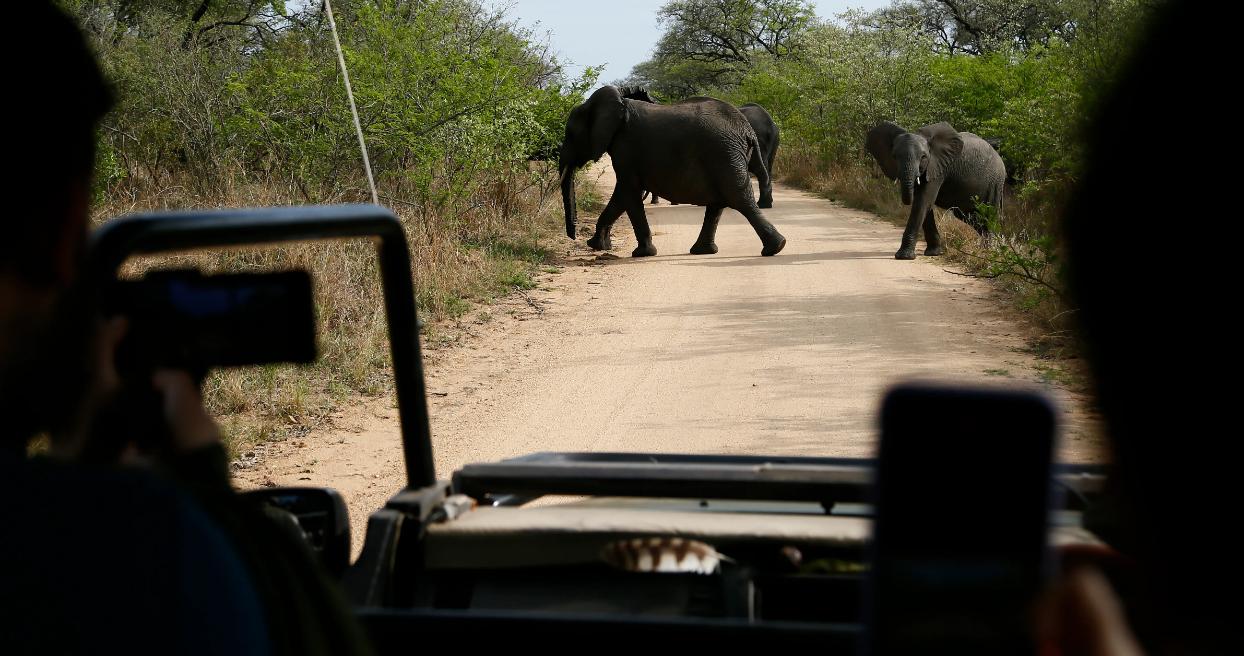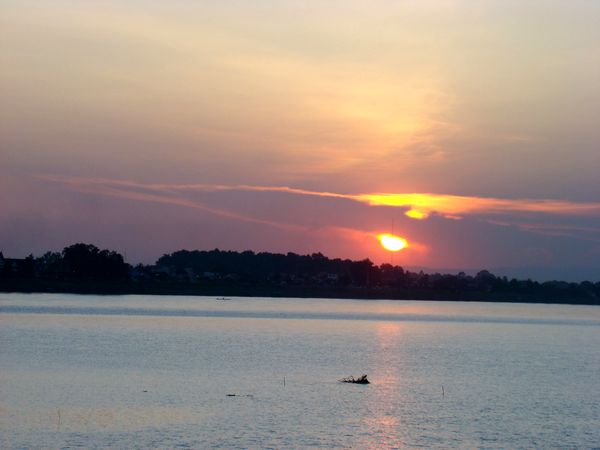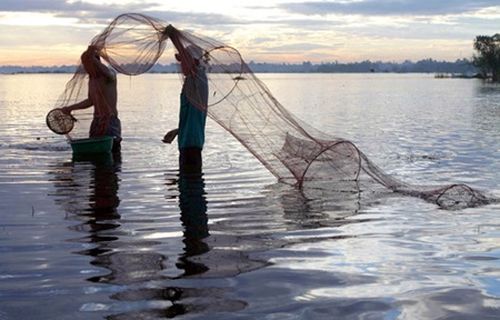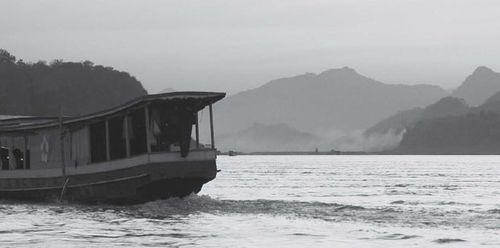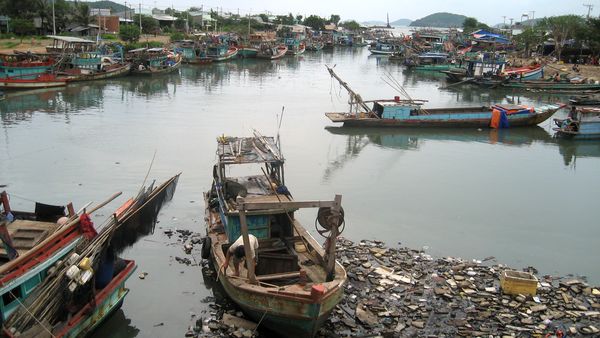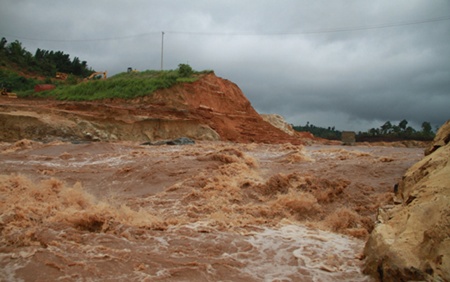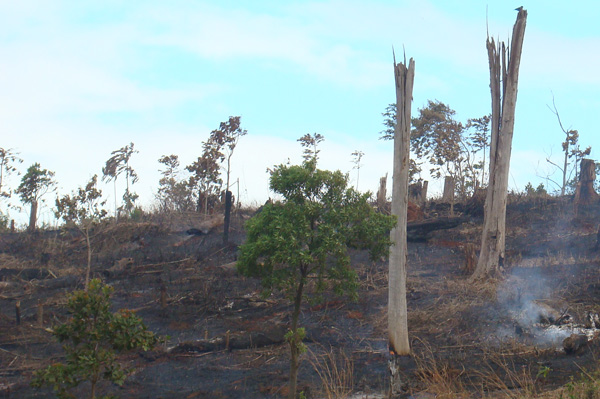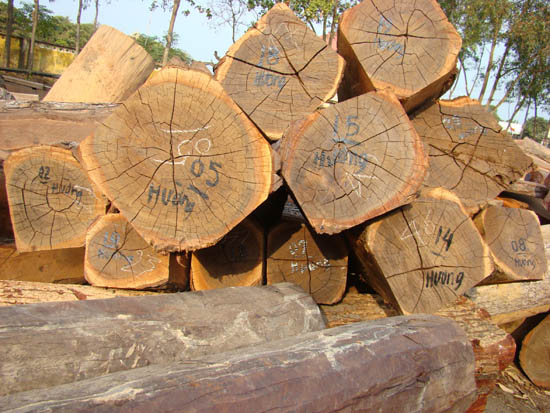The Mekong River Commission (MRC), the only intergovernmental body mandated to sustainably manage and protect the Lower Mekong River, is on the brink of demise. While transboundary water governance has faced significant challenges in the region since the MRC was established in 1995, the Commission’s first real test came more recently with the start of the regional debate over plans to build a cascade of eleven mainstream dams on the Lower Mekong River. It was a test that the MRC has so far failed. The real question now, is will the MRC sink or swim? Just as the Mekong River ebbs and flows, can the MRC change the tide of decision-making to fit the urgent needs of a shared river basin where more than 60 million people are deeply dependent on the river functioning as it has for centuries: A key source of livelihoods, food security, and cultural identity?


